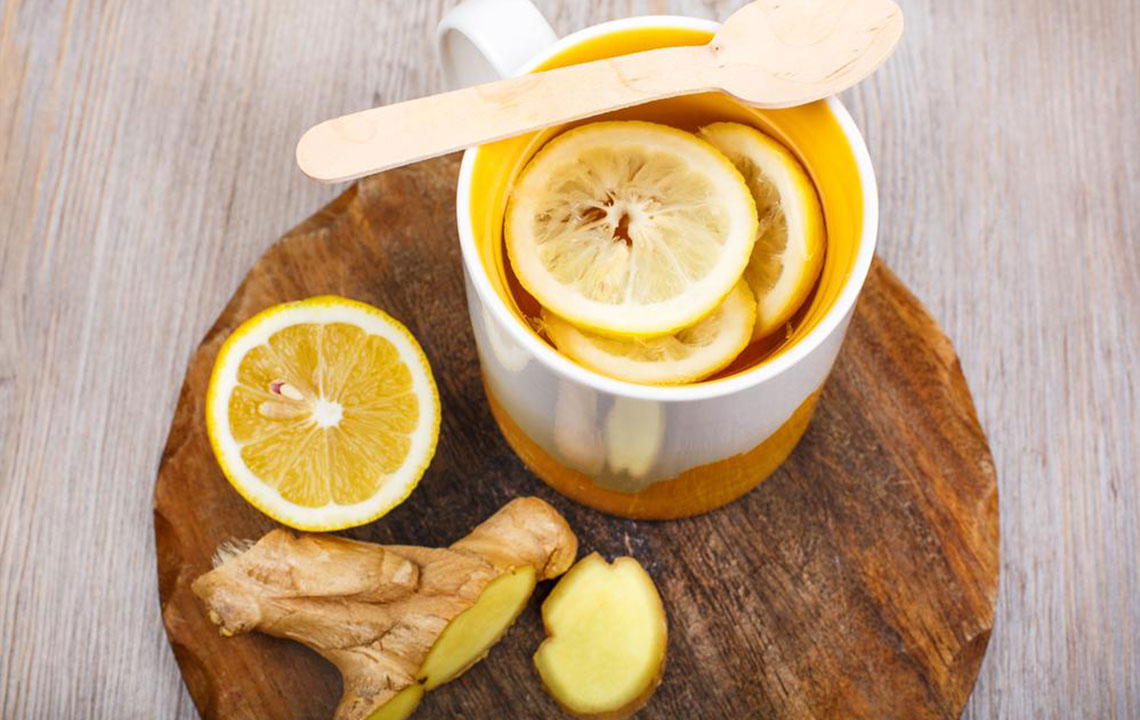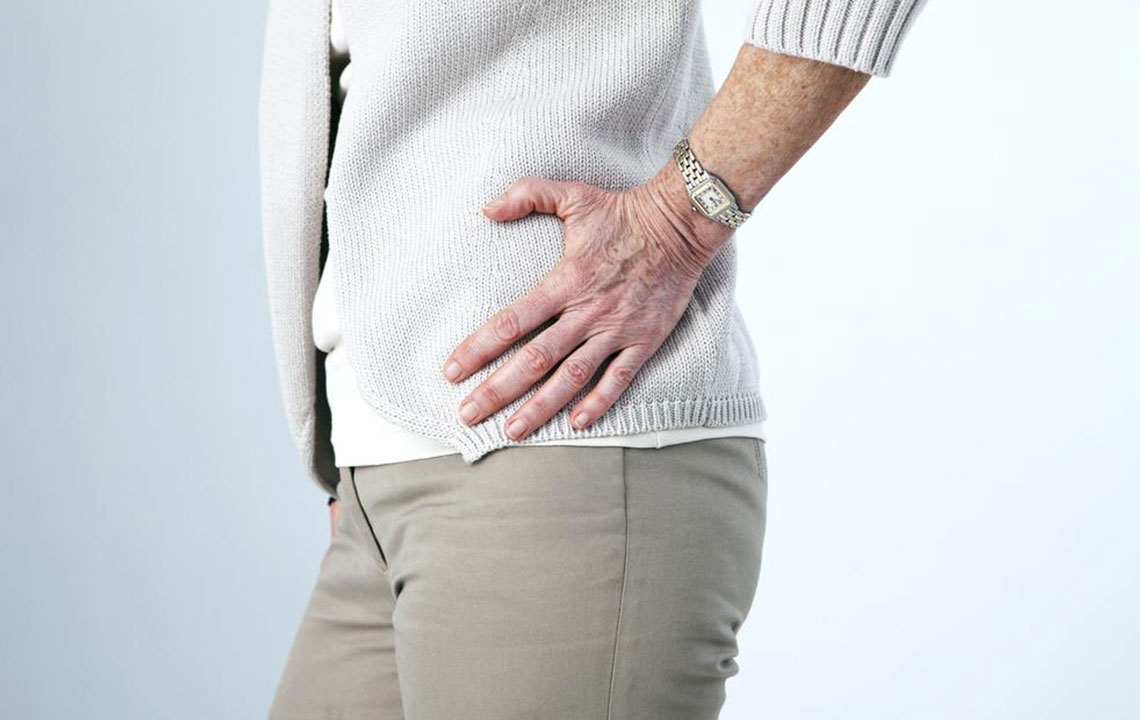Comprehensive Guide to Kidney Stones: Causes, Symptoms, Prevention, and Treatment Strategies
This comprehensive article on kidney stones explores causes, symptoms, and preventive measures, highlighting natural remedies and medical treatments. It emphasizes hydration, diet management, and early symptom recognition to reduce risks and promote kidney health. Suitable for anyone seeking in-depth knowledge about kidney stones, their formation, and effective ways to prevent or treat them naturally or medically.

Comprehensive Guide to Kidney Stones: Causes, Symptoms, Prevention, and Treatment Strategies
Introduction to Kidney Stones and Their Medical Management
Kidney stones are solid masses that form within the urinary system when minerals and other substances in urine crystallize and accumulate. These stones can vary greatly in size—from minuscule grains to larger pebbles—potentially affecting any part of the urinary tract, including the kidneys, ureters, bladder, and urethra. While many kidney stones are small enough to pass through the urinary system naturally, others can cause extreme pain, obstruction, and complications that necessitate medical intervention. This detailed guide explores the fundamental causes of kidney stones, their symptoms, treatment options, prevention methods, and effective home remedies to manage and reduce their formation.
What Causes Kidney Stones? An In-Depth Look
The formation of kidney stones is primarily linked to high concentrations of certain minerals and substances in urine. When these substances—such as calcium, oxalate, uric acid, and phosphate—reach supersaturation levels, they tend to crystallize and clump together, forming stones. Several factors contribute to this process, increasing the risk of developing kidney stones. Understanding these factors can help in adopting preventive measures effectively:
Dehydration - Not consuming enough fluids leads to concentrated urine, which makes minerals more likely to crystallize and stick together, resulting in stone formation. Maintaining hydration is crucial in flushing out substances that could precipitate into stones.
Dietary Habits - Consuming foods high in oxalates, such as spinach, kale, rhubarb, beetroot, and certain cereals, can significantly increase stone risk. Excessive intake of salt or processed foods also promotes calcium excretion, contributing to stone creation.
Excess Salt Intake - Elevated salt consumption, especially from processed foods and canned items, increases urinary calcium levels, which may lead to calcium-based stones.
High Calcium Levels in Urine (Hypercalciuria) - Elevated urinary calcium is a common factor in stone development, often linked to dietary intake or metabolic issues.
Digestive Disorders - Gut health problems, including inflammatory bowel disease or diarrhea, affect mineral absorption and can alter urine composition, resulting in higher risk.
Obesity and Sedentary Lifestyle - Excess body weight influences metabolic processes and increases the likelihood of stone formation. Maintaining a healthy weight is essential for prevention.
Genetics - Family history plays a significant role, with some individuals predisposed due to inherited metabolic conditions.
Medication Use - Certain drugs, such as diuretics, anti-seizure medications, and calcium-based antacids, can alter mineral levels in urine, elevating risk.
Chronic Diseases - Conditions like diabetes mellitus, hypertension, and gout are associated with increased susceptibility to kidney stones, possibly due to metabolic disturbances.
Recognizing the Symptoms for Timely Treatment:
Frequent Urge to Urinate - A common sign indicating that stones are moving within the urinary tract.
Pain and Burning Sensation During Urination - Typically signals proximity of a stone near the bladder or urethra.
Sudden Severe Pain in Back, Flank, or Abdomen - Often caused by a stone obstructing the ureter, leading to intense discomfort that can radiate to the groin or genitals.
Blood in Urine - Manifested as pink, red, or brown discolored urine, sometimes visible to the naked eye, signaling tissue irritation or injury.
Foul-smelling or Cloudy Urine - Could indicate infection or the presence of mineral deposits associated with stones.
Fever and Chills - Warning signs of urinary tract infection, which sometimes accompanies kidney stones and warrants immediate medical attention.
Effective Home Remedies and Natural Approaches to Dissolve Kidney Stones:
Dandelion Root - Known for its diuretic properties, helping to increase urine production and facilitate stone passage.
Kidney Beans - Consumed as a natural remedy due to their ability to flush out toxins and support kidney health.
Horsetail Herb - An herbal remedy with diuretic and anti-inflammatory properties beneficial for kidney detoxification.
Pomegranate Juice - Rich in antioxidants and compounds that aid in breaking down stones and protecting kidney cells.
Organic Celery - Acts as a natural diuretic, helping to increase urine flow and eliminate minerals.
Basil - Contains acetic acid, which may help in breaking down kidney stones and preventing new ones from forming.
Apple Cider Vinegar - Its acidity may contribute to dissolving stones and reducing their size over time.
Medical Treatment Options Tailored to Stone Size:
Large Stones - Medical procedures such as extracorporeal shock wave lithotripsy (ESWL) utilize focused sound waves to fragment stones into smaller pieces, making natural passage easier. In cases where stones are very large or resistant, surgical intervention—such as ureteroscopy or percutaneous nephrolithotomy—may be necessary.
Small Stones - Often managed conservatively through increased hydration, pain relief, and medications like alpha-blockers that relax ureter muscles, aiding in stone expulsion.
Prevention Strategies to Reduce Kidney Stone Formation:
Ensure consistent and adequate hydration, aiming for at least 8-10 glasses of water daily.
Limit sodium intake by reducing processed and salty foods to prevent calcium build-up.
Be cautious with vitamin C supplements; excessive doses can convert to oxalates, increasing stone risk.
Moderate consumption of animal protein, which can increase uric acid levels.
Reduce intake of oxalate-rich foods, especially if you have a history of stones.





